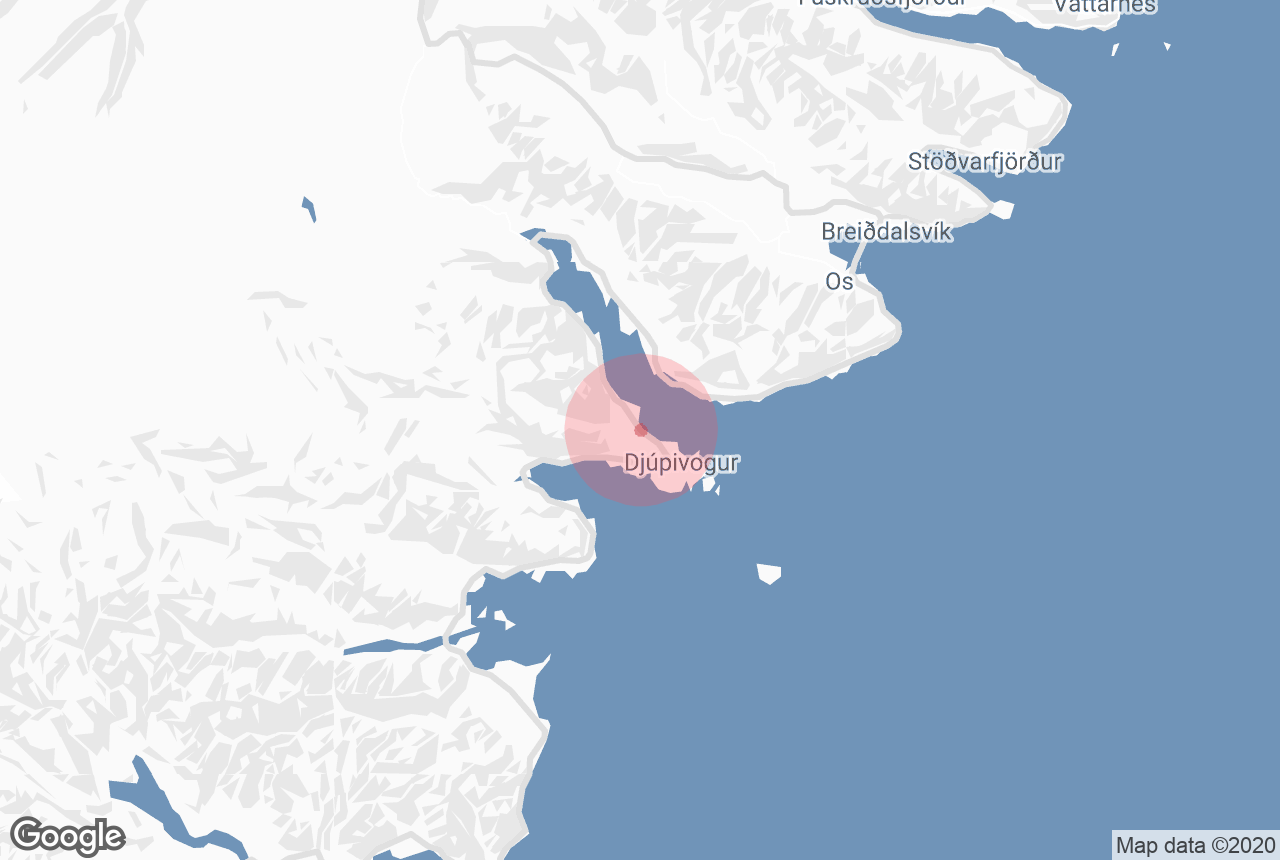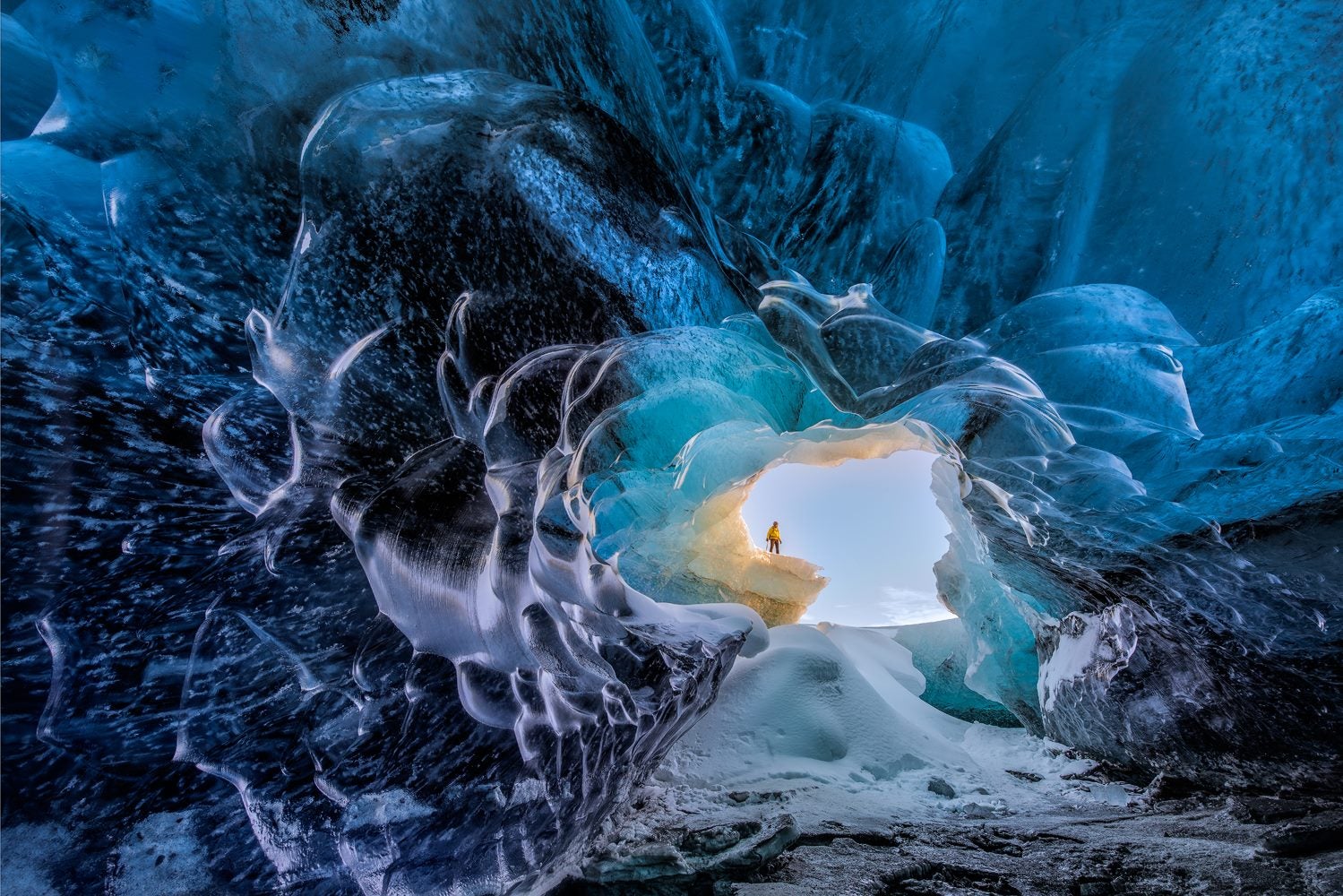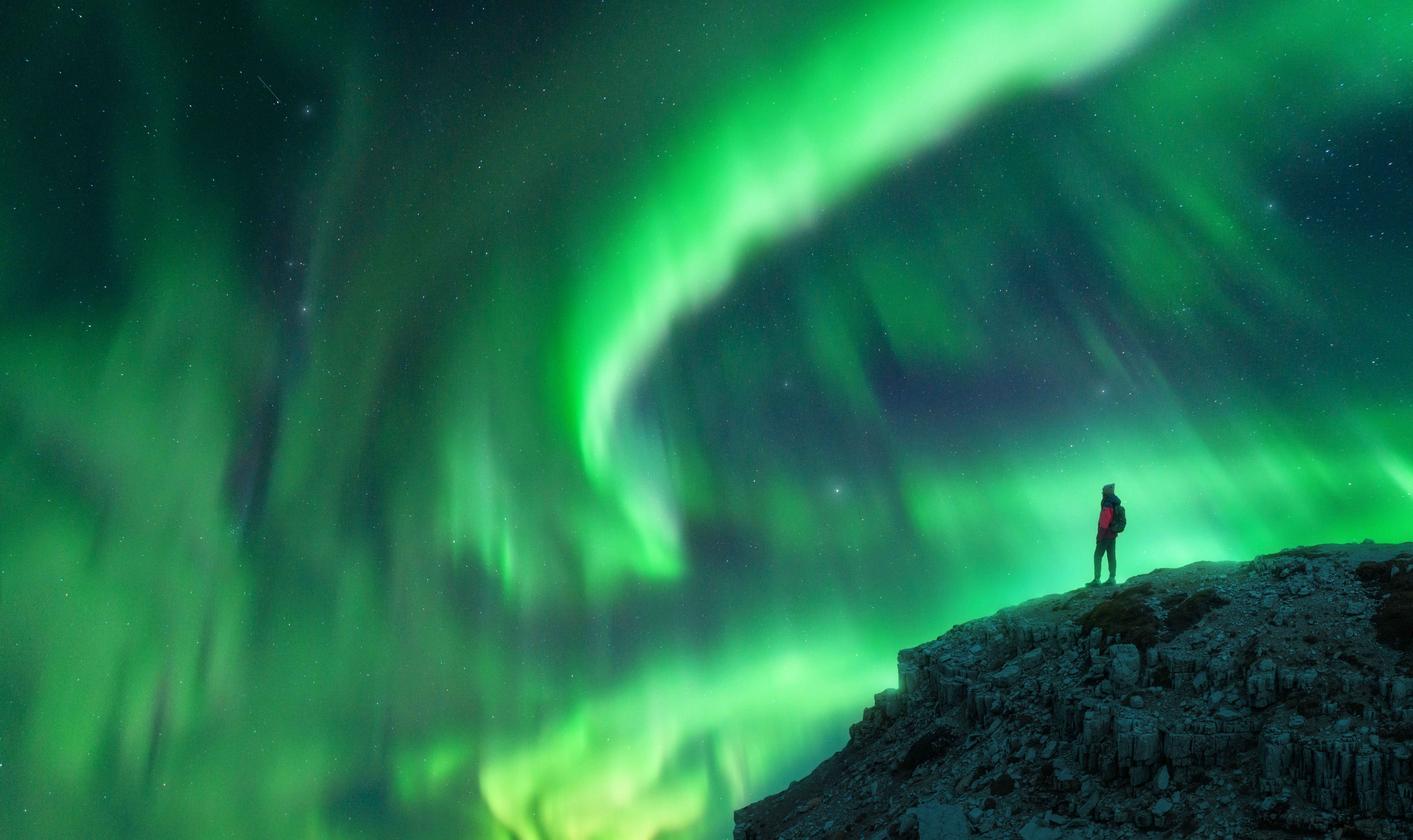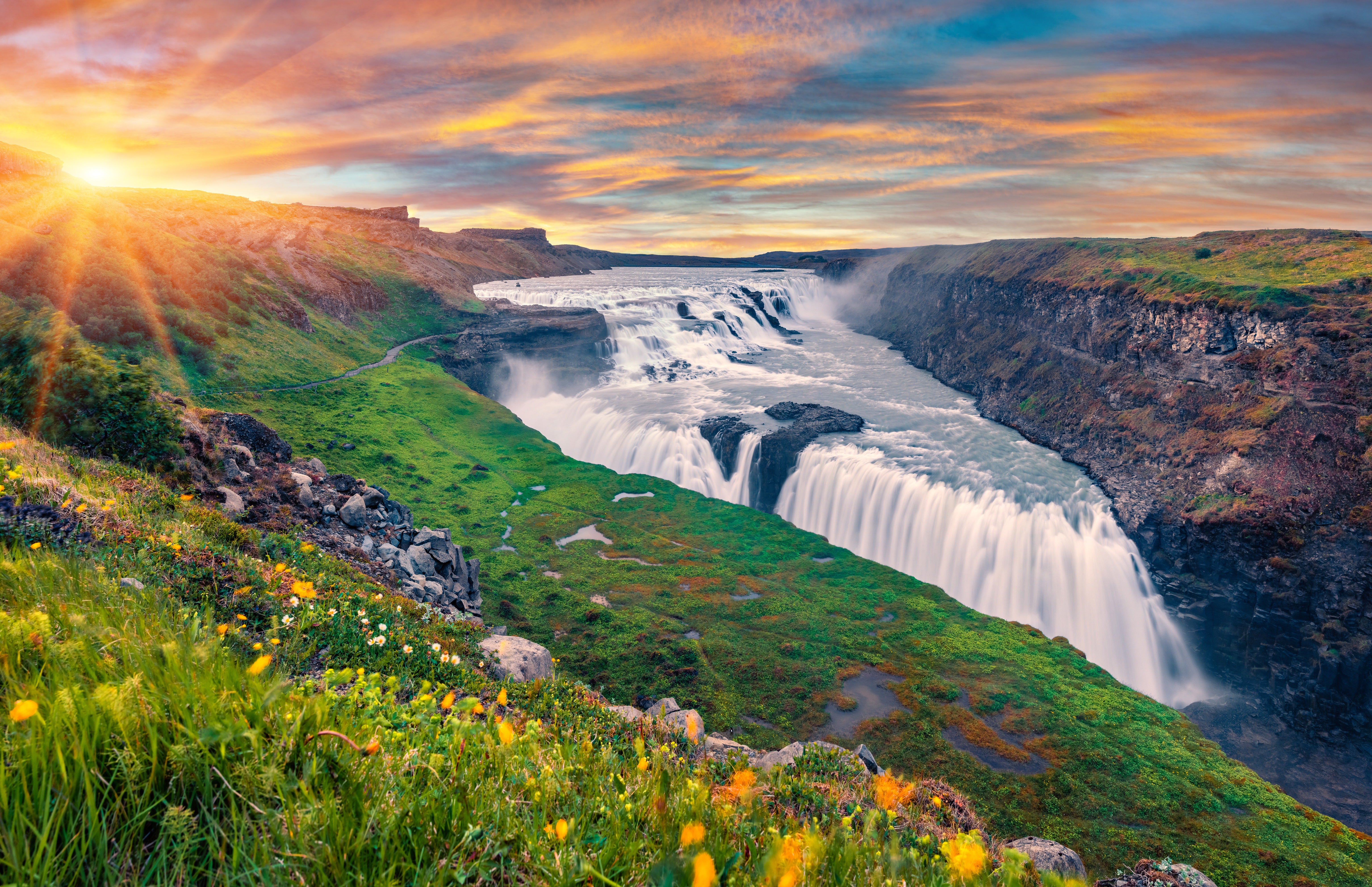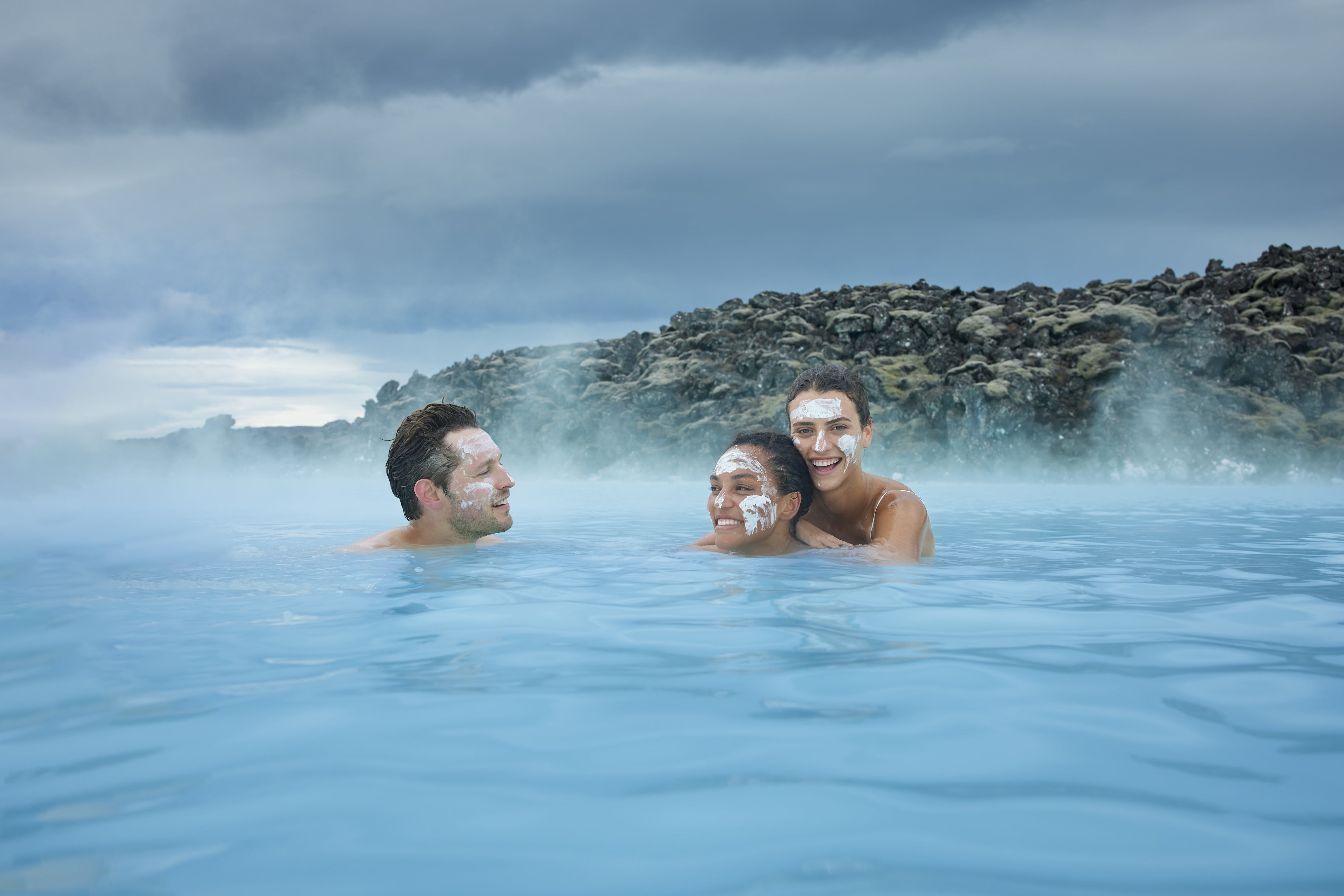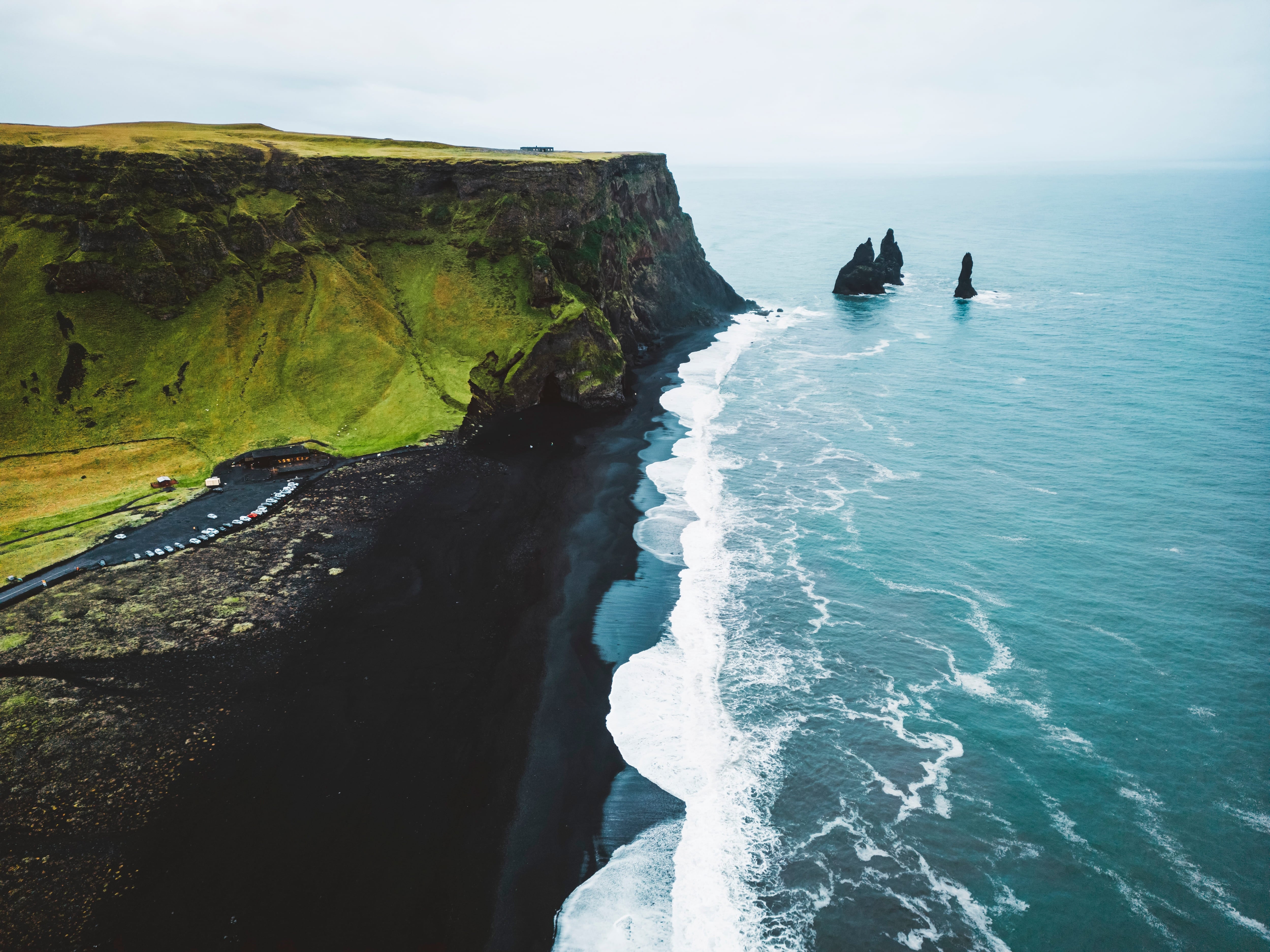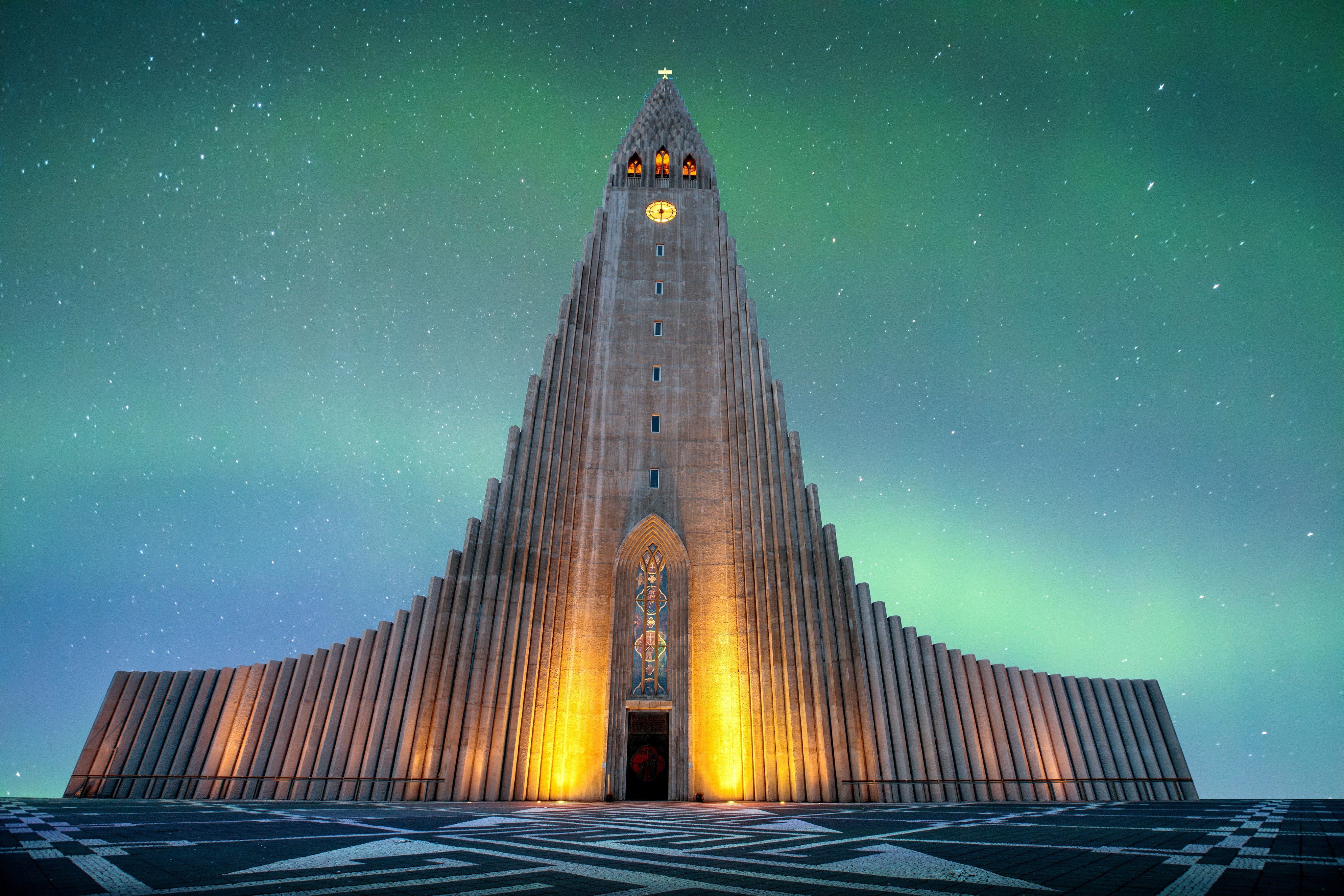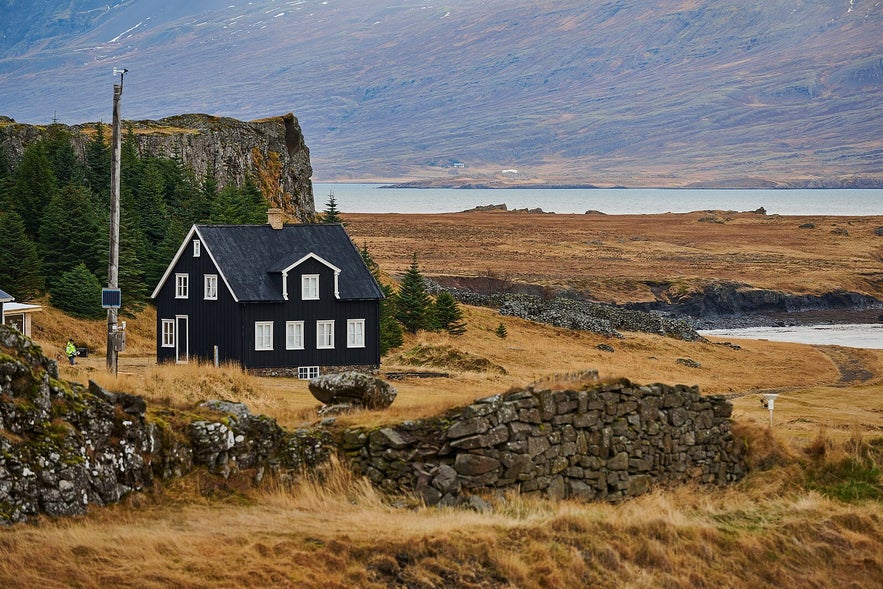
Teigarhorn Natural Monument and Nature Preserve is on the Berufjordur fjord near Djupivogur town in Iceland's Eastfjords. It has unique geological features and is mainly known for its zeolite minerals.
Teigarhorn is known as "Náttúruvættið og fólksvangur" in Icelandic. It's a farm that boasts a serene setting ideal for bird-watching, walking, and learning about the area's fascinating geology.
Why You Can Trust Our Content
Guide to Iceland is the most trusted travel platform in Iceland, helping millions of visitors each year. All our content is written and reviewed by local experts who are deeply familiar with Iceland. You can count on us for accurate, up-to-date, and trustworthy travel advice.
Visitors can discover the small museum at the Teigarhorn Natural Monument and Nature Preserve. It offers insights into the area's geological significance and cultural heritage. Additionally, walking trails meander through the picturesque surroundings. A stroll is the perfect way to immerse yourself in the preserve's natural beauty while learning about its ecological importance.
Independent travelers renting a car in Iceland can visit the Teigarhorn Natural Monument and Nature Preserve when traveling in East Iceland. It's on the Ring Road, making it a convenient stop for those on self-drive tours around the country. You'll also find plenty of great East Iceland accommodations to enjoy comfort during your journey.
Photo from Wikimedia, Creative Commons, by Bohringer Friedrich. No edits made
Location of Teigarhorn and How to Get There
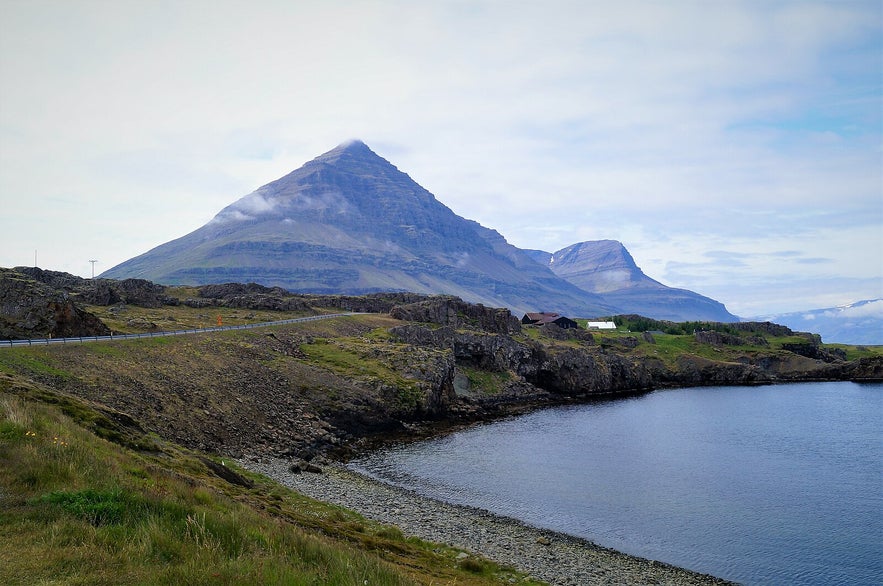 Photo from Wikimedia, Creative Commons, by Alexander Grebenkov. No edits made
Photo from Wikimedia, Creative Commons, by Alexander Grebenkov. No edits made
The Teigarhorn Natural Monument and Nature Preserve is on the Berufjordur fjord in East Iceland. It's just off the Ring Road, approximately 2.8 miles (4 kilometers) from Djupivogur.
Those driving from the north will reach Teigarhorn before Djupivogur, whereas travelers from the south will pass the turn-off to Djupivogur first. The farm is 65 miles (105 kilometers) north of Hofn town and 91 miles (147 kilometers) south of Egilsstadir town.
Geological Significance of the Teigarhorn Nature Preserve
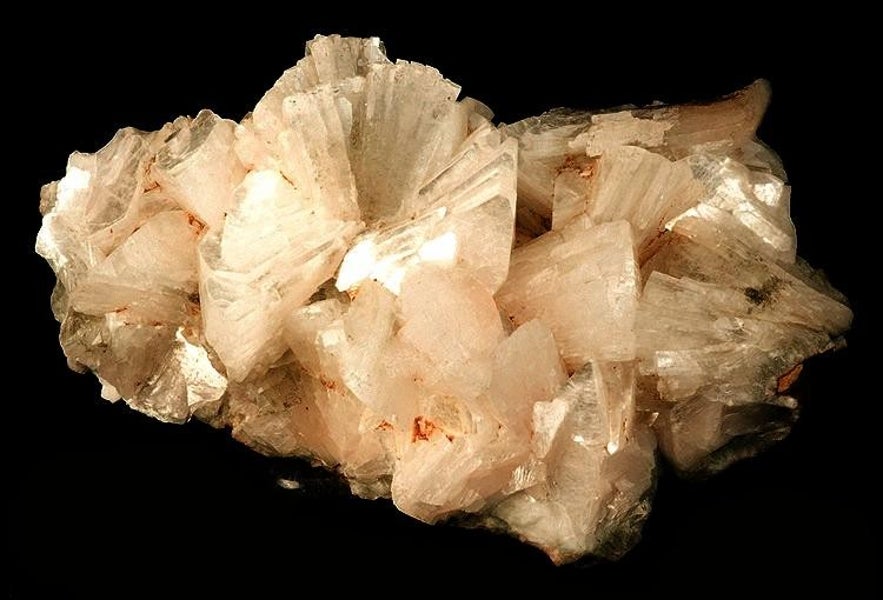 Photo from Wikimedia, Creative Commons, by Robert M. Lavinsky. No edits made
Photo from Wikimedia, Creative Commons, by Robert M. Lavinsky. No edits made
Teigarhorn farm is recognized globally for its zeolite deposits, making it a significant site for geological research. It has been a protected natural monument since 1975, and the entire land became a nature reserve in 2013. The protection aims to preserve zeolite-rich areas and the natural environment, plus allow the public to visit.
Teigarhorn is home to a remarkable collection of zeolite stones, including heulandite, schoolite, epistilbite, stilbite, laumontite, and mordenite. It also features other minerals like chalcedony, celadonite, rock crystal, opal, Iceland spar, and calcite.
These minerals have been crucial in geological studies for over two centuries. They provide insights into crystal forms, internal structure, optics, and chemical composition.
Visitors can see the zeolites and other minerals at the small on-site museum, which is only open upon request during summer. Remember to pre-arrange your visit ahead of time.
Samples from Teigarhorn are in museums worldwide, highlighting the site's global significance in geology. While the area has a rich history of supplying zeolites to museums, strict protections have been in place since 1976 to safeguard the main mining sites. Doing so ensures the preservation of this geological treasure for future generations.
History of the House at Teigarhorn Farm
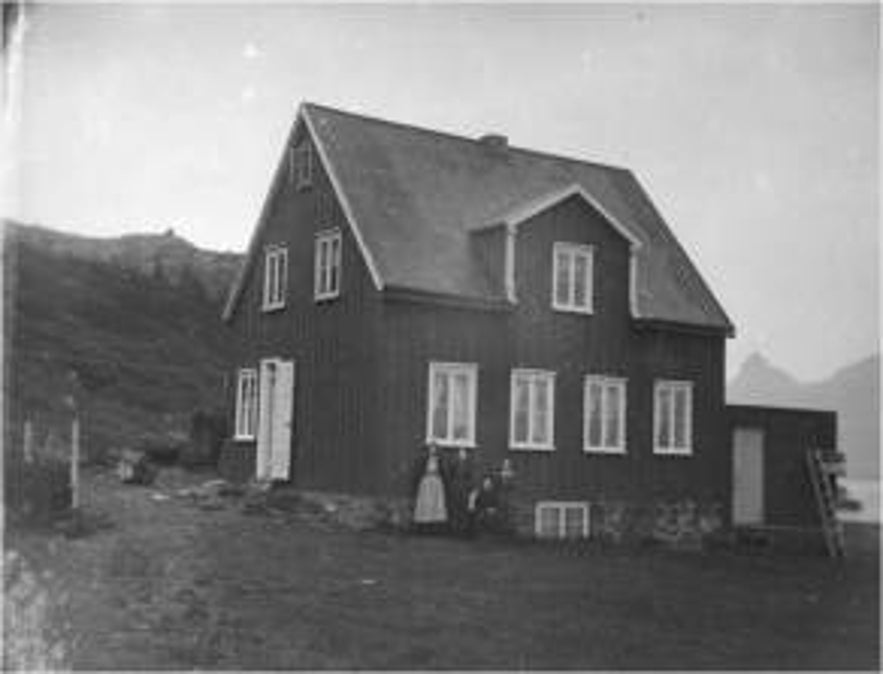 Photo from Wikimedia, Creative Commons, by Nicoline Weywadt. No edits made
Photo from Wikimedia, Creative Commons, by Nicoline Weywadt. No edits made
The old house at Teigarhorn, also known as Weywadthus, dates back to the late 19th century. It was built between 1880 and 1882 by Niels Weywadt, a store manager from Djupivogur.
Weywadt married a Danish woman, and they raised a family of 14 children. Nicoline was their second-eldest child. She developed a passion for photography and mineralogy during her studies in Copenhagen.
Following her father's passing, Nicoline managed the farm and added a photography studio to the house. She became one of Iceland's most esteemed photographers.
The house remained inhabited until 1988. It has been part of the National Museum's historic buildings collection since 1992.
Nature, Wildlife, and Walking Trails at the Teigarhorn Nature Preserve
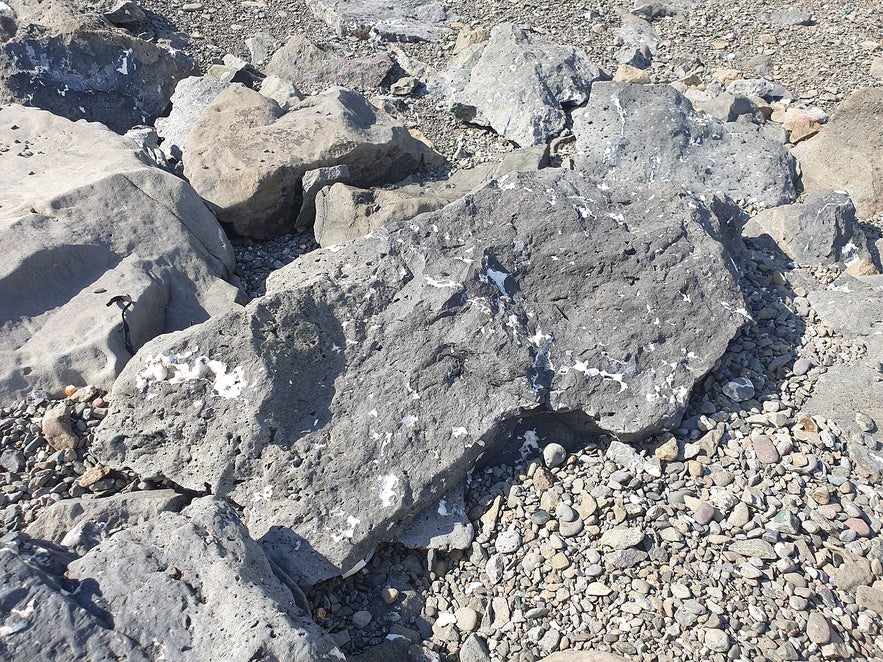 Photo from Wikimedia, Creative Commons, by Eysteinn Gudni Gudnason. No edits made
Photo from Wikimedia, Creative Commons, by Eysteinn Gudni Gudnason. No edits made
Teigarhorn offers fantastic opportunities for bird-watching, with some areas serving as protected nesting grounds for Eider Ducks. Access to these nesting areas is restricted from mid-May to the end of June to ensure the birds' safety.
Visitors can enjoy short walks around Teigarhorn, immersing themselves in the breathtaking setting. A scenic coastal track provides stunning views, with steps down to the beach. A bench on the trail is an idyllic spot to pause and appreciate the surroundings.
While exploring the area, it's essential to respect the natural environment. Disturbing or removing loose or embedded zeolite minerals is strictly prohibited. Visitors should stay on marked trails to ensure the preservation of flora and fauna.
Attractions Near the Teigarhorn Nature Preserve
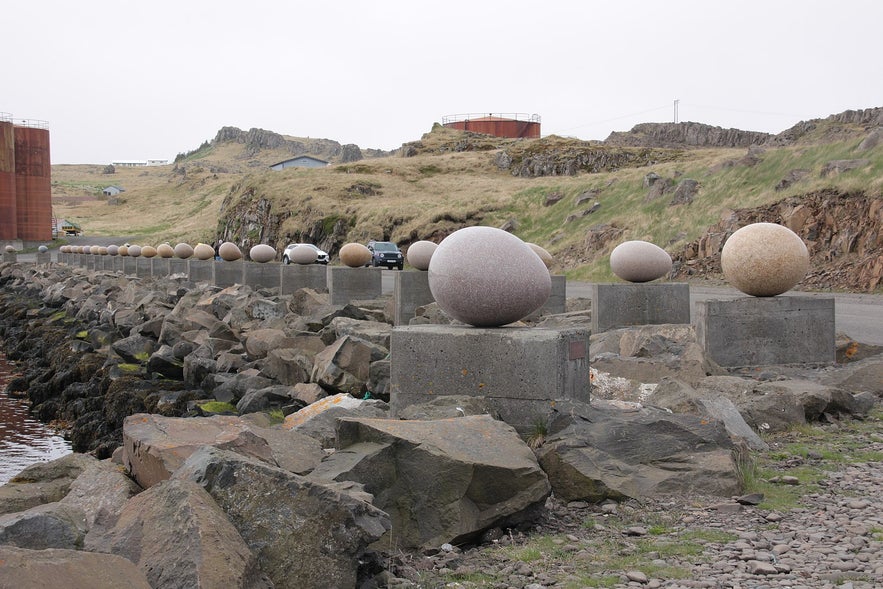 Photo from Wikimedia, Creative Commons, by Przemek Pietrak. No edits made
Photo from Wikimedia, Creative Commons, by Przemek Pietrak. No edits made
The nearby town of Djupivogur is home to several attractions.
Marvel at the Eggs of Merry Bay, a collection of sculptures by Icelandic artist Sigurður Guðmundsson that represent the local birdlife.
Take advantage of the opportunity to unwind at the Djupavogskorin hot springs for a rejuvenating soak amid natural surroundings.
Those intrigued by geological wonders will love visiting Petra's Stone and Mineral Collection in Stodvarfjordur village. It showcases an extensive collection of rare minerals and fossils.
Petra's Stone and Mineral Collection is located on the Ring Road, approximately 46 miles (74 kilometers) north of the Teigarhorn natural monument and nature preserve.
